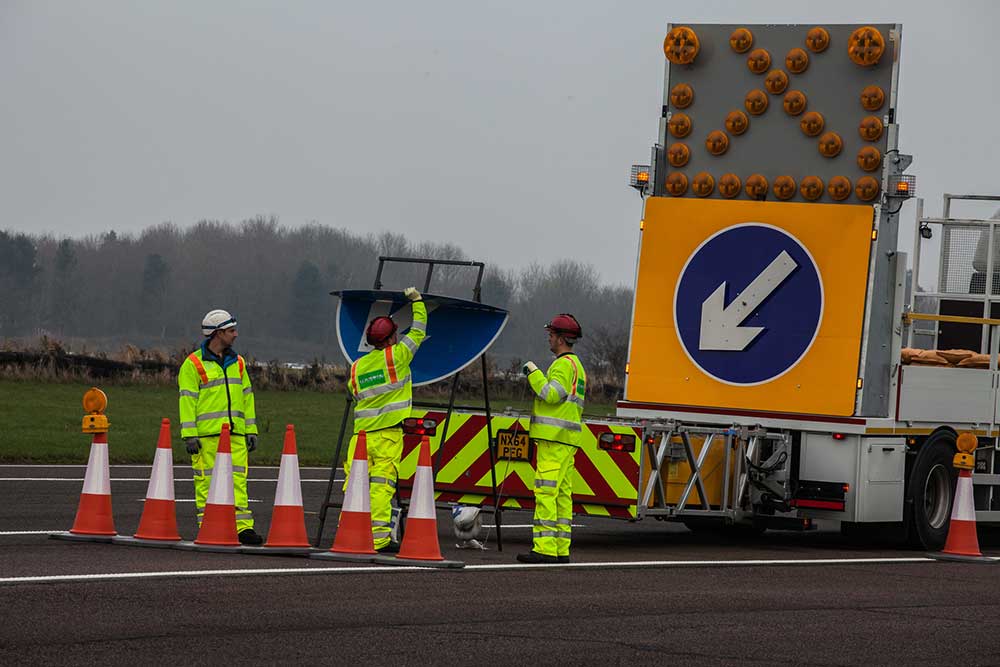
Highways Maintenance Skilled Operative
Careers Explorer:
Overview
Highways Maintenance Skilled Operatives play a key role in maintaining the nation’s pavements and road networks.
You’ll be working on rural and urban roads up and down the country using hand and power tools, as well as plant machinery, to repair damaged surfaces.
From repairing pot holes and replacing pavements to relaying new surfaces and installing street iron works, it’s a varied role that changes depending on the time of year.
You’ll need to be able to interpret technical drawings and adhere to job specifications, and you’re also in charge of setting up and operating temporary traffic management systems to keep pedestrians safe and traffic flowing.
It’s certainly not your average 9 – 5 job; night shifts are the norm in this role and you’ll be outside braving the elements in all weathers.
Road maintenance comes with its hazards, so you’ll need a high level of safety awareness and plenty of common sense to ensure your own safety and that of your co-workers.

Top 5 Tasks
- Operate and maintain construction equipment and power tools
- Warn and direct traffic during repair operations
- Install a variety of specialist surface treatments to improve safety and paint road markings
- Maintain the road networks during winter
- Perform roadside landscaping
Salary
Newly trained Highways Maintenance Operatives can earn around £17,000 – £20,000.
Trained with experience Highways Maintenance Operatives can earn around £20,000 – £30,000, with those at a senior level can earn up to £40,000.
Salaries typically depend on location, employer and level of responsibility
Am I Suited?
- Team player
- Physical
- Happy to work outdoors
- Self-motivator
- Flexible
Qualifications
There are no set qualifications that highways maintenance operatives need to have, although it is beneficial to have GCSE grades 9-4 (A*- C) in maths and English as this can help with the calculations, measurements and theory needed.
Apprenticeships in highways maintenance are the most common entry route to this occupation and provide a formal two-year training programme to agreed national standards.
If you have a minimum of five years experience and do not need any further training or construction qualifications, you may wish to take the Experienced Worker Practical Assessment (EWPA).
This combines the key criteria of the NVQ into one practical assessment, together with work-based evidence and employer endorsement, which must be completed within a specified time. Alternatively you may wish to consider On-Site Assessment and Training (OSAT).






